Carbon monoxide rebreathing, which may give riders an edge over rivals, caused controversy at this year’s Tour de France. With its Spanish equivalent under way, new questions hang over a sport long dogged by doping scandals
On Saturday 17 August this year, some of the world’s best cyclists started the Vuelta a España, which began in Portugal and will be navigating its way around Spain to the finish line in Madrid on Sunday 8 September. Hopes that road cycling’s superstar Tadej Pogačar would look to add the Vuelta title to his 2024 Giro d’Italia and Tour de France triumphs, and become the first rider to win all three of the sport’s “grand tours” in the same season, were ended at the end of July when the Slovenian opted to skip the Paris Olympics and the three-week Spanish stage race to prepare for the road cycling world championships in September. That was the diplomatic pronouncement.
On the Geraint Thomas Cycling Club podcast, the Welsh cyclist revealed: “I asked him in the peloton and he said, ‘I need to keep people in the team happy. We have so many key riders at UAE Team Emirates. I understand that.’” Meaning the likes of Britain’s Adam Yates and Portugal’s João Almeida would take centre stage. And meaning they might be the ones fielding further questions on the controversial but legal carbon monoxide rebreathing method – a measurement tool that enables athletes to monitor key blood values such as haemoglobin levels – that came to light at this year’s Tour de France.

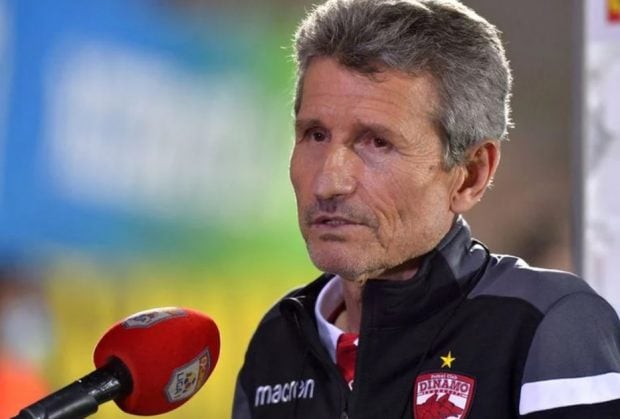
:format(jpeg):quality(80)/wp-content/uploads/2024/09/45896008717020701105526594200442295522244683n.jpg)

:format(jpeg):quality(80)/wp-content/uploads/2024/09/sfatul-zilei-de-luni-16-septembrie-2024.jpg)


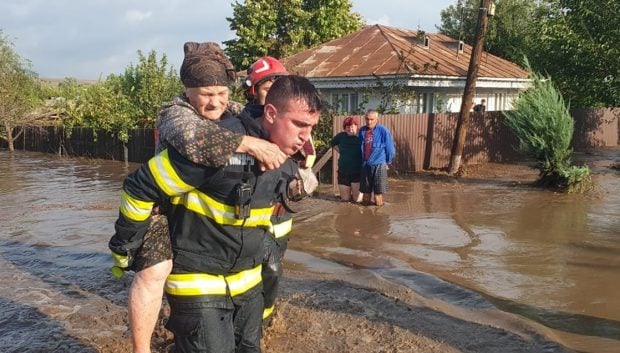

:format(jpeg):quality(80)/wp-content/uploads/2024/09/locul-din-romania-unde-este-cultivat-cel-mai-iute-ardei-din-lume.jpg)
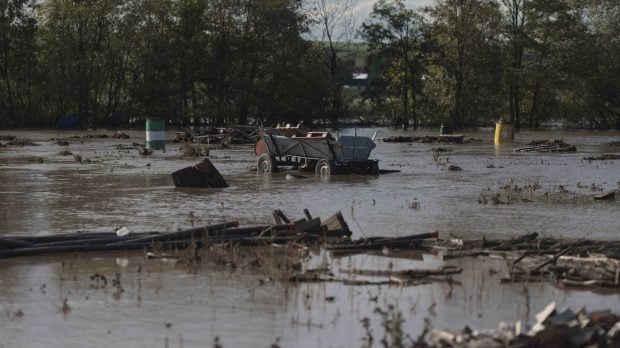
:format(jpeg):quality(80)/wp-content/uploads/2024/09/hepta7632059.jpg)




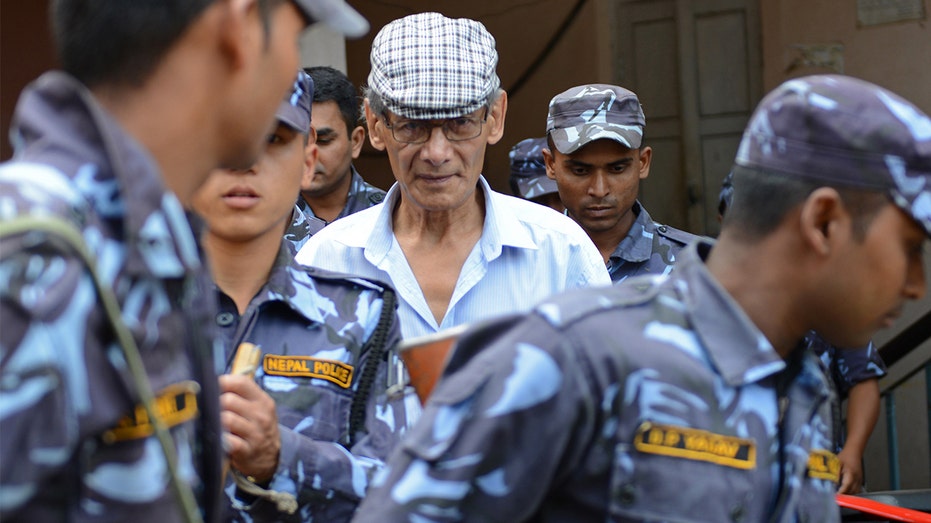


:format(jpeg):quality(80)/wp-content/uploads/2024/08/fabrica-romania-exporturile-hora-reghin-muncitori.jpg)



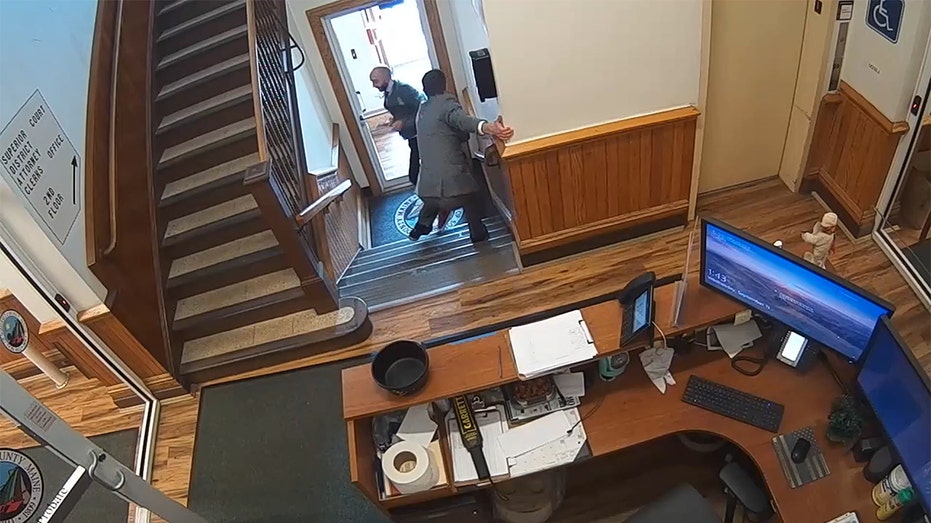
:format(jpeg):quality(80)/wp-content/uploads/2024/09/bulion-supermarket.jpg)
:format(jpeg):quality(80)/wp-content/uploads/2024/09/david-p.jpg)
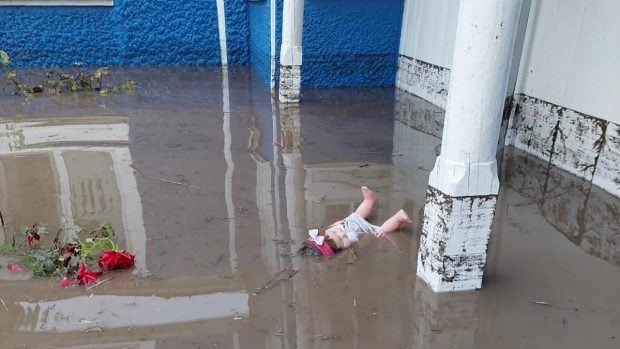


:format(jpeg):quality(80)/wp-content/uploads/2024/09/befunky-collage-43.jpg)
